In the past year, artificial intelligence (AI) has been developing at a staggering rate. It has so many different functions, too many to list, but a few very commonly used functions include Chat GPT, voice cloning, and AI art. Chat GPT has many functions too, from helping one with school work, and making a schedule perfectly suited to your needs, to simply helping you decide what to make for dinner. Voice cloning, on the other hand, is quite scary, knowing that a computer can take your voice and say things you didn’t. However, it can be used for fun sometimes, such as stumbling across an audio of King Julian (the lemur from Madagascar) singing Temperature by Sean Paul. AI art has endless possibilities and ‘art forms’, stretching from creating digital paintings to images of what could be photographed. The latter is what I will discuss today, specifically regarding a current trend circulating on TikTok; the AI ‘90s Yearbook photo and how the AI may raise some concern regarding identity.
90s Yearbook Photo Trend
The AI 90s Yearbook photo trend is a trend where people (mostly influencers and celebrities) use an app called Epik- AI photo editor and submit a couple of photos of themselves that the AI then uses to create these yearbook photos. It gives up to 60 different yearbook styles to choose from, but the ones that are circulating the most include those of if you were a preppy girl, the captain of the high school cheer squad, punk rock, the jock, and many more stereotypical high school roles. Some influencers and celebrities that divulged in this trend include Keke Palmer, James Charles, and Chrishell Stause.
Celebrities and AI
This trend at the surface level is a fun trend, seeing what you and or celebrities would have looked like in their senior pictures and comparing it to what they actually looked like. However, what is not shared is that when you upload your photos to the app, that AI tool now has these images. When considering this in regards to celebrities joining in on this trend, their digital rights become questioned. As AI now can produce images and videos of actors, the role of actors themselves can be replaced. Tom Hanks himself has been subjected to this, where an AI version of him was used in a dental advertisement. Tom Hanks later posted a screenshot of this ad on his Instagram saying that this is not him and to be careful of AI. This is not the first time Hanks has spoken about this though as previously on the Adam Buxton Podcast in May he said;
“Anybody can now recreate themselves at any age they are by way of AI or deepfake technology. I could be hit by a bus tomorrow and that’s it, but performances can go on and on and on and on.”
As Hanks discusses, jobs within the entertainment industry can now so easily be replaced with the use of AI and this summer, there were, in fact, protests in Hollywood, supporting SAG-AFTRA (Screen Actors Guild-American Federation of Television) to protect actors from Hollywood and others from using their digital images.
Although celebrities and influencers already have their faces and voices public, giving the possibility for anybody to replicate them, partaking in these AI photo trends may not seem harmful, but supporting it goes against their digital rights. As individuals, and members of the public, we may not suffer from the same consequences, and although it seems like its all fun and games now, just be mindful that if and when you partake in this, you too are allowing AI to use your face. Whatever that may mean for us in the future, who knows?
References:
Body, Jamie. “Celebrities Doing AI Yearbook Trend under Fire for Undermining SAG Strike.” Newsweek, Newsweek, 5 Oct. 2023, www.newsweek.com/celebrity-ai-yearbook-sag-actors-strike-1832395.
Singleton, Tom. “Tom Hanks Warns Dental Plan Ad Image Is Ai Fake.” BBC News, BBC, 2 Oct. 2023, www.bbc.com/news/technology-66983194.
“‘Bargaining for Our Very Existence’: Why the Battle over Ai Is Being Fought in Hollywood.” The Guardian, Guardian News and Media, 22 July 2023, www.theguardian.com/technology/2023/jul/22/sag-aftra-wga-strike-artificial-intelligence.

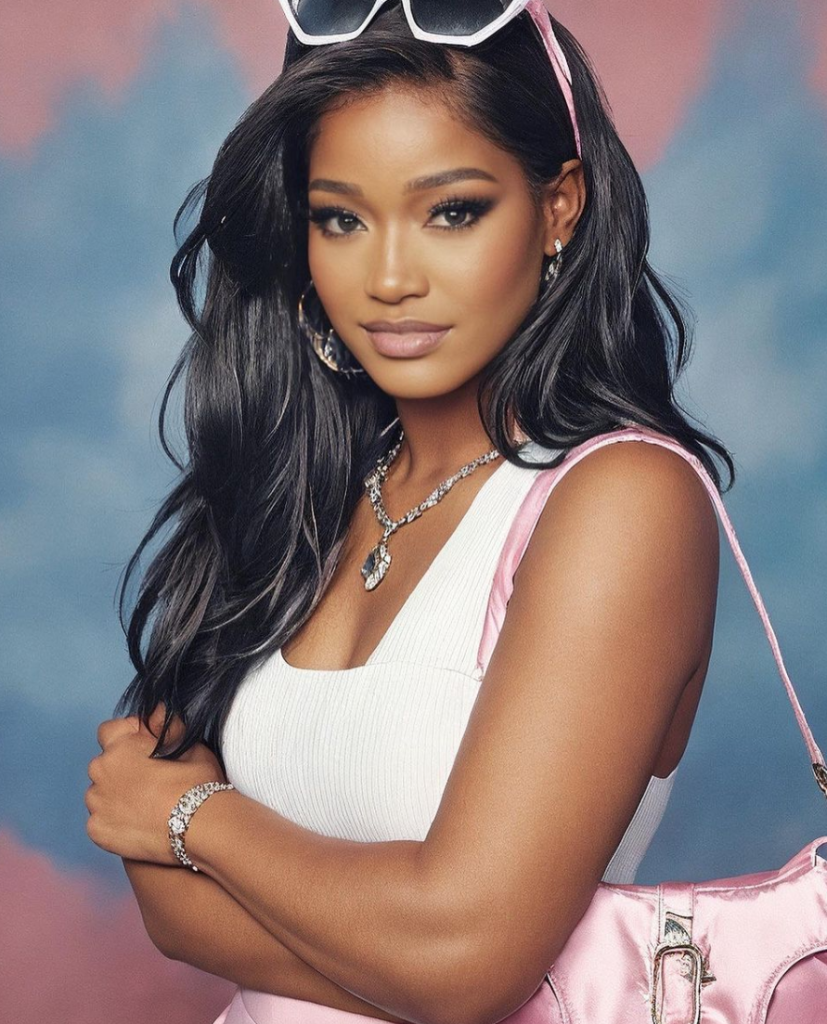
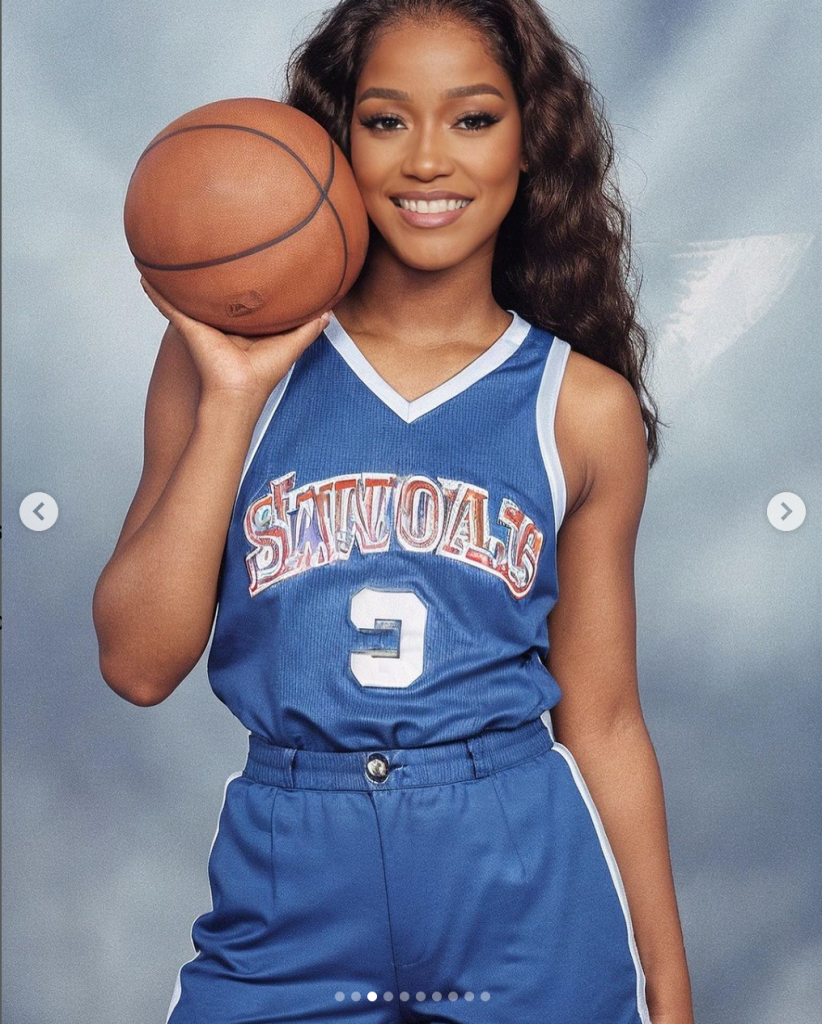
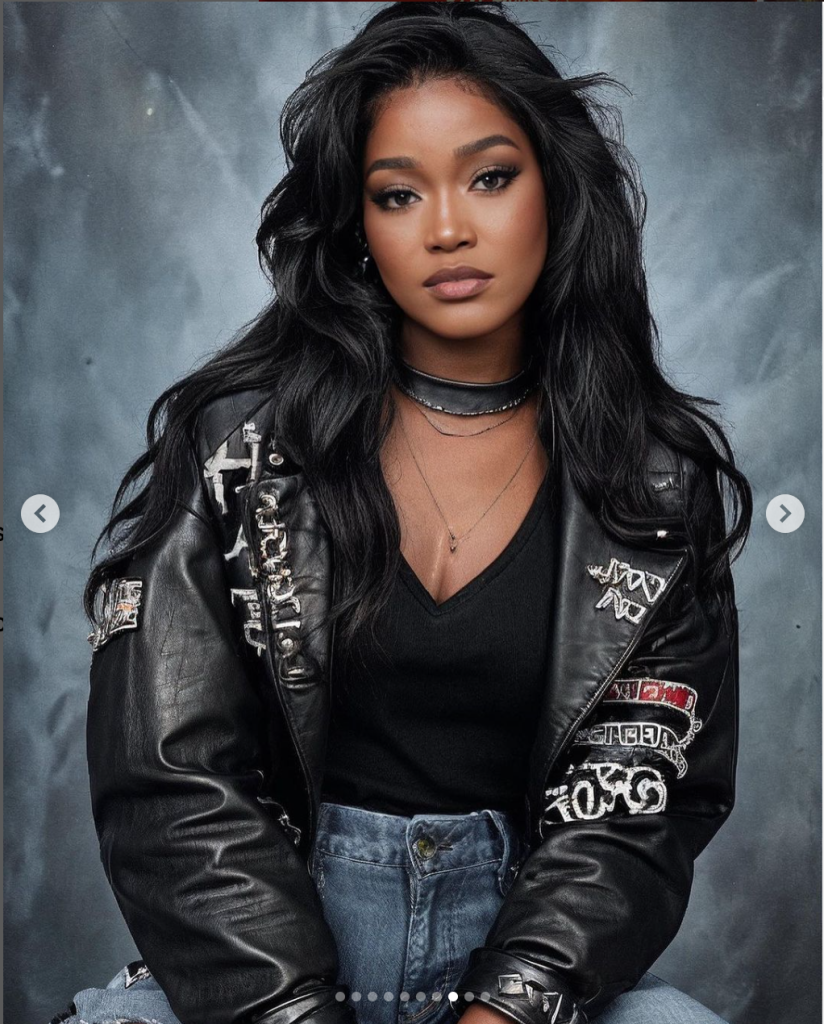
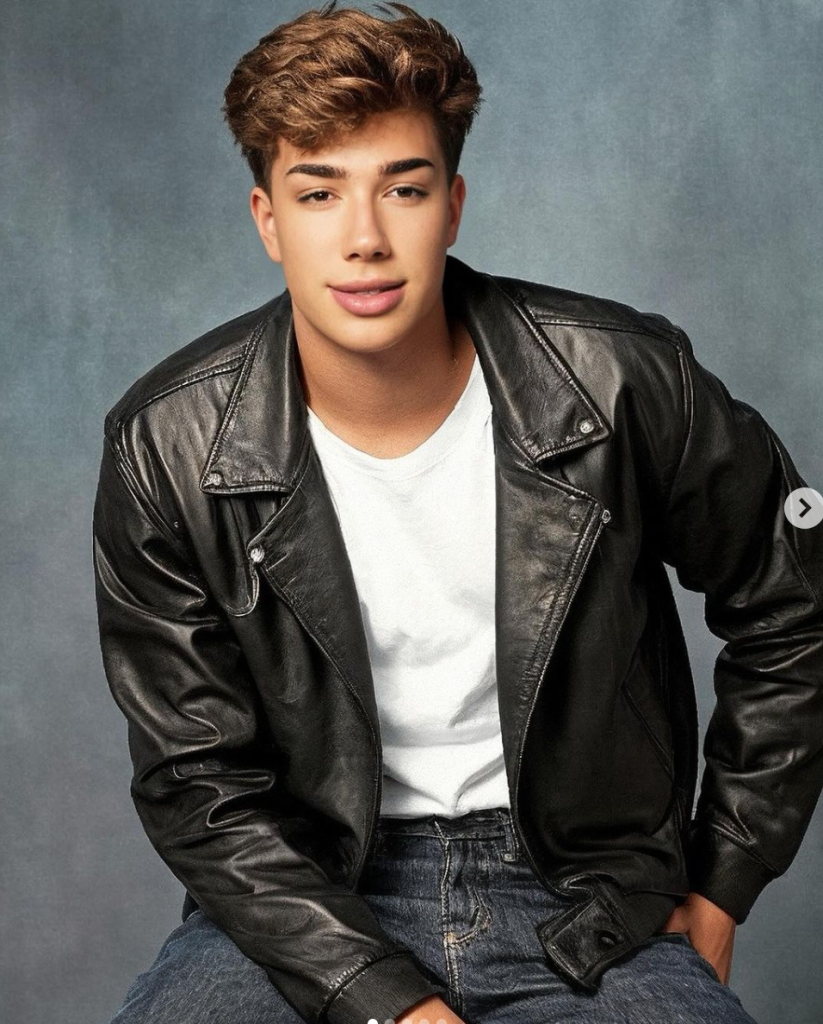
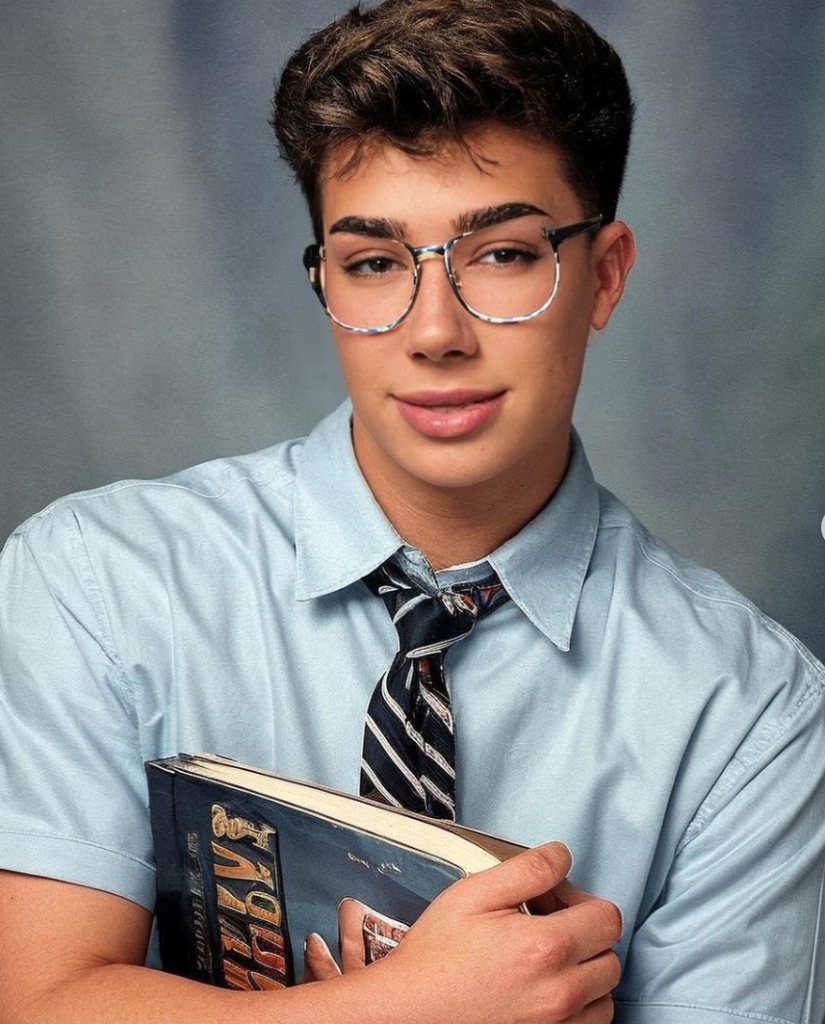
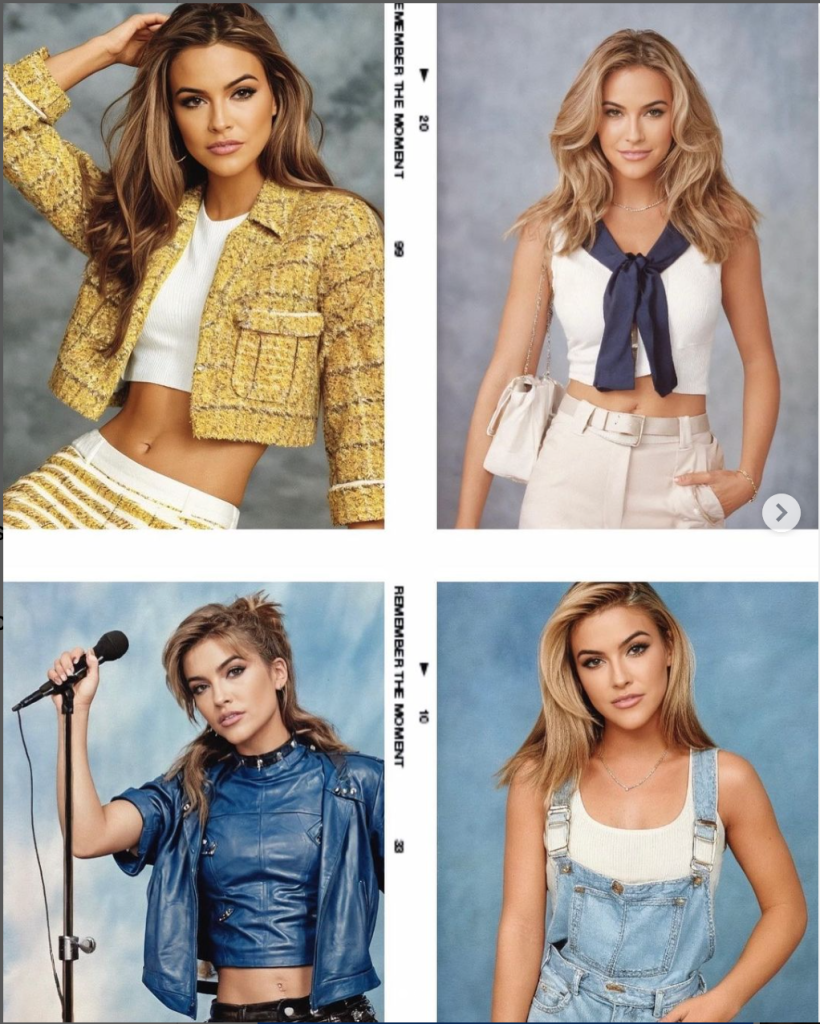



I feel like this is what our parents were warning us about when we were younger. They always told me to be carefull about what we put on the internet and that it could impact us later in life because we didnt know who saw what we put on there. It is insane to me how easy it is to steal someone’s identity using these programs.